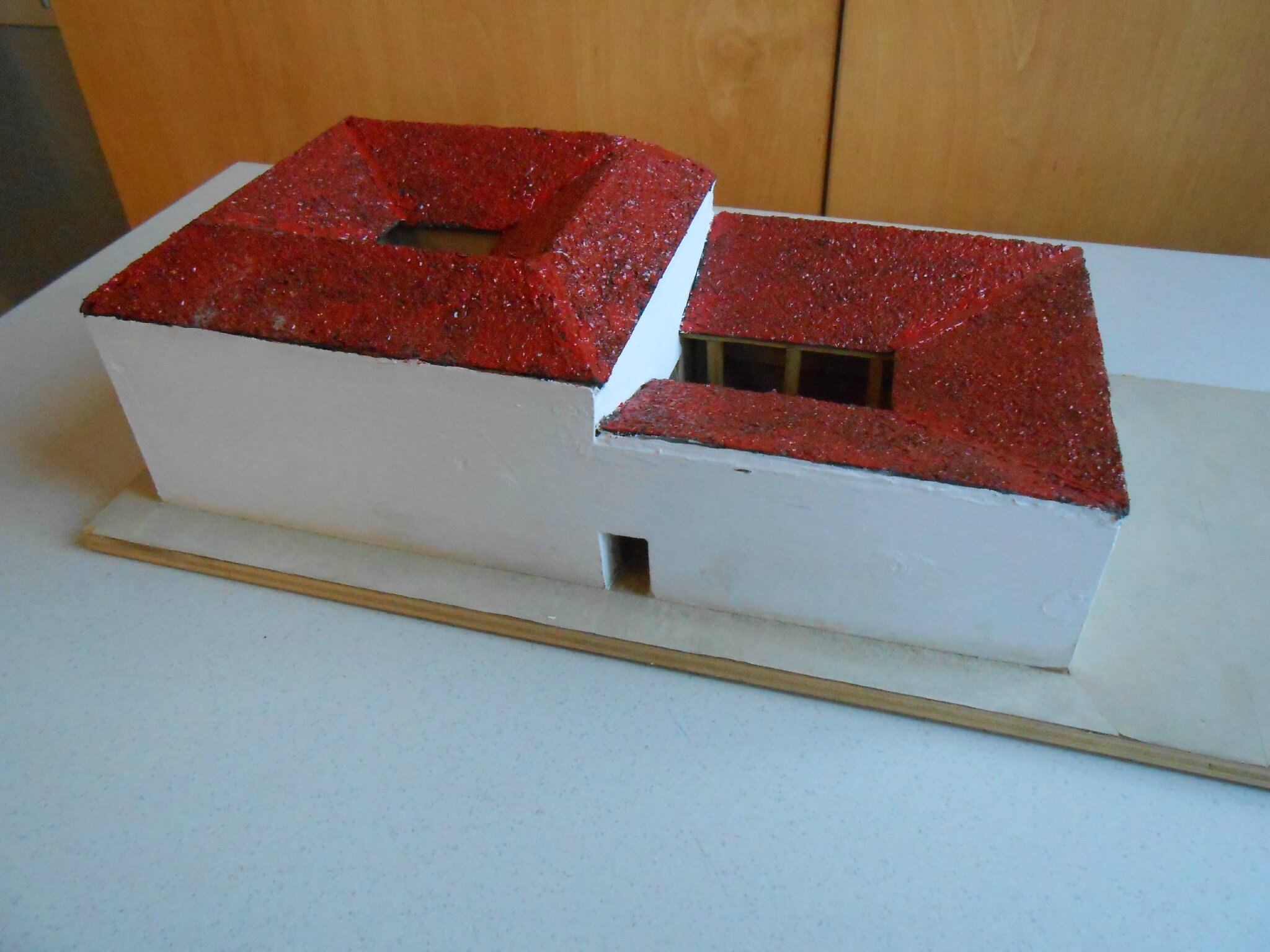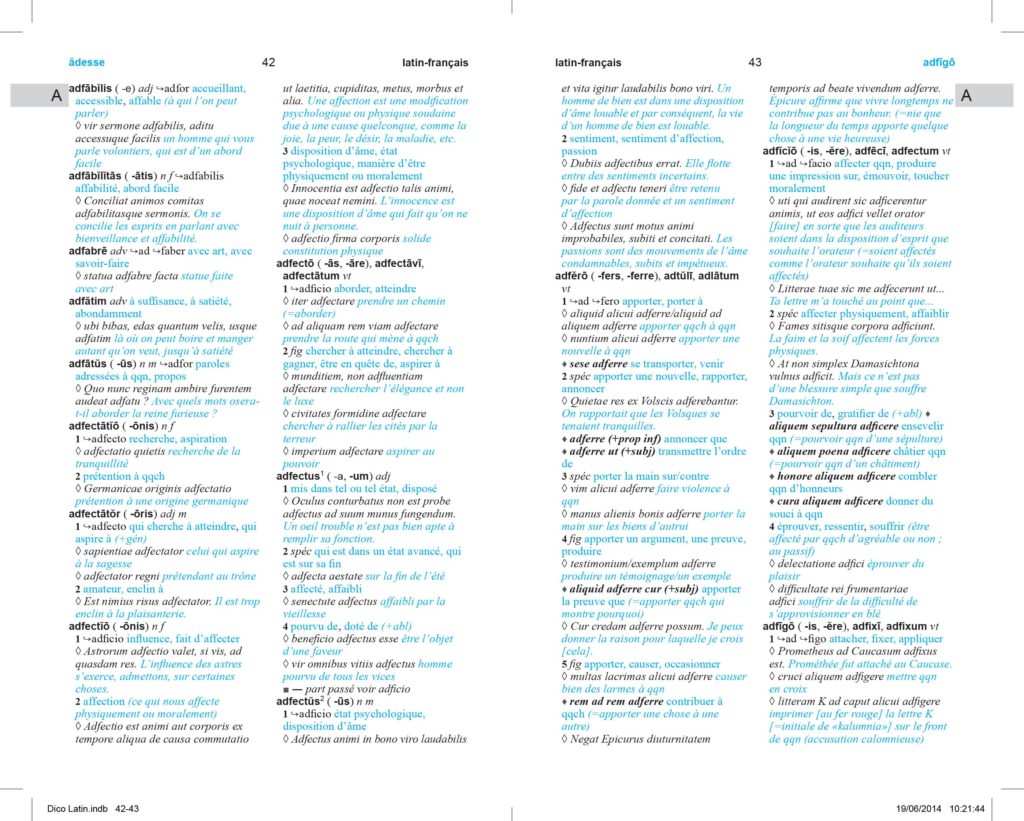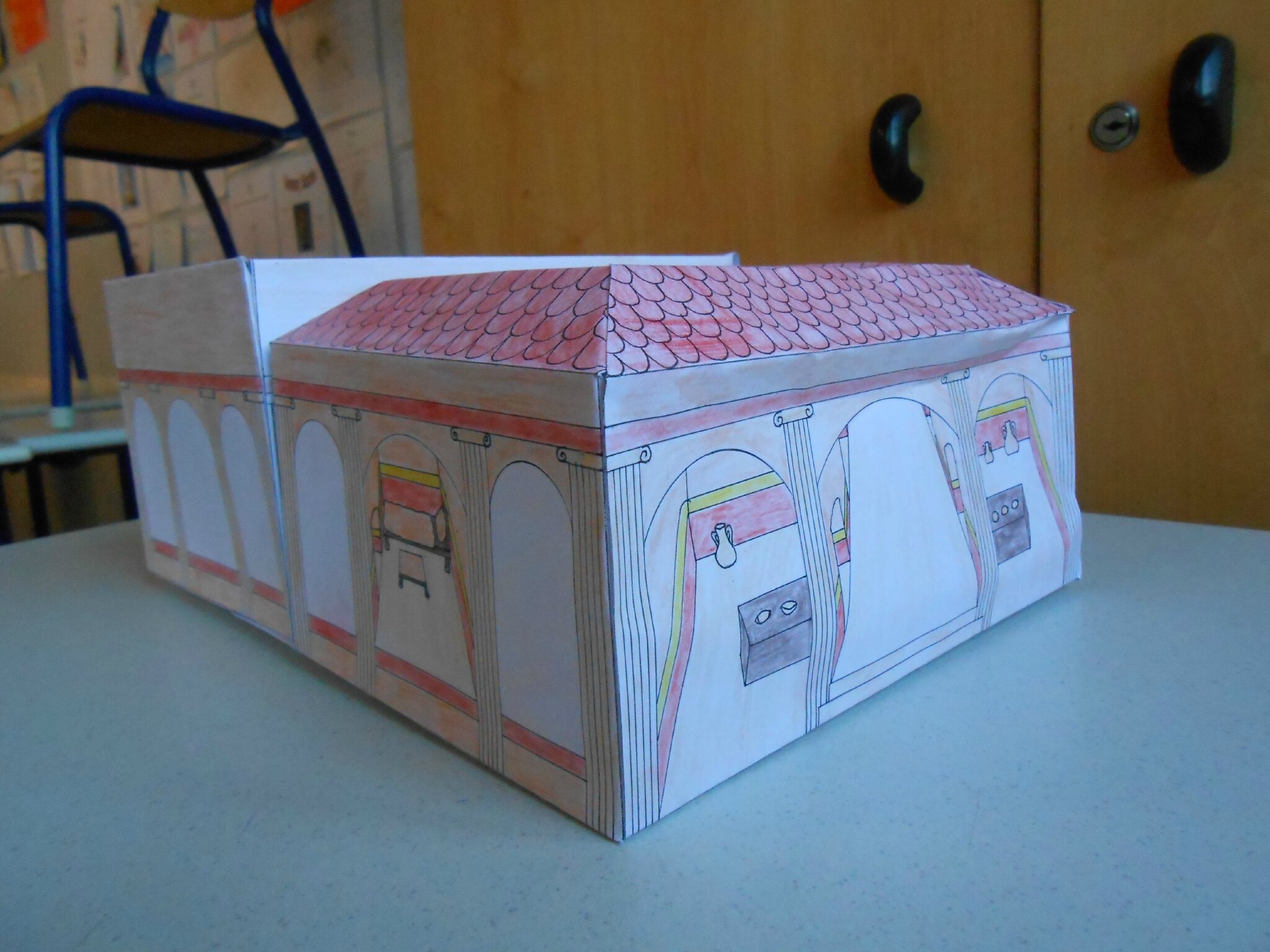The word coloratura (Italian pronunciation: [koloraˈtuːra]) is originally from Italian, literally meaning “coloring”, and derives from the Latin word colorare (“to color”).


Vocabulario. Historia. Lenguas Lenguaje Escritura Deimanes ReCoFrec. Bibliografia. Libros Dedicatoria. Evolución. Bibliografía Recomenmana por Temas Etimología General





Le GDT en bref. Le GDT est une banque de fiches terminologiques rédigées par l’Office québécois de la langue française ou des partenaires de l’Office.
Le Dictionaire de Trévoux (imprimé à Nancy en 1740 chez Pierre Antoine) L’édition présentée ici est le « Dictionnaire universel françois et latin contenant la signification et la définition tant des mots de l’une et l’autre langue, avec leurs différents usages, que des termes propres de chaque état et de chaque profession
Romance Languages By YourDictionary Ancient Languages Hamari Web Harpers Dictionary of Classical Antiquities (1898) Latin-English Dictionary Latin Dictionary and Grammar Aid Lynn Nelson’s Latin-English Dictionary(Hong Kong) A Latin Dictionary of Saxo Grammaticus (medieval Latin) Latin Language Books and Other Resources For related Latin
Free online dictionaries – Spanish, French, Italian, German and more. Conjugations, audio pronunciations and forums for your questions.


Etymology. The use of “vernacular” is not recent. In 1688, James Howell wrote: Concerning Italy, doubtless there were divers before the Latin did spread all over that Country; the Calabrian, and Apulian spoke Greek, whereof some Relicks are to be found to this day; but it was an adventitious, no Mother-Language to them: ’tis confess’d that
Introduction. French is a Romance language. It’s a descendant of the Latin of the Roman Empire. Its development was also influenced by the native Celtic languages of Roman Gaul and by the Germanic language of the post-Roman Frankish invaders.
Le nom « Dictionnaire » est aussi faux, parce que je raconte les histoires des mots occitans en suivant l’exemple du FEW. Dire que margot vient du grec margarita « perle » ou calut « fou, nigaud » un mot fréquent en Occitanie, vient du latin caligo « ténèbres, brouillard » sans en donner l’histoire n’éclaire pas beaucoup le
Jean Nicot: Jean Nicot, French diplomat and scholar who introduced tobacco to the French court in the 16th century, which gave rise to the culture of snuffing and to the plant’s eventual dissemination and popularization throughout Europe.
